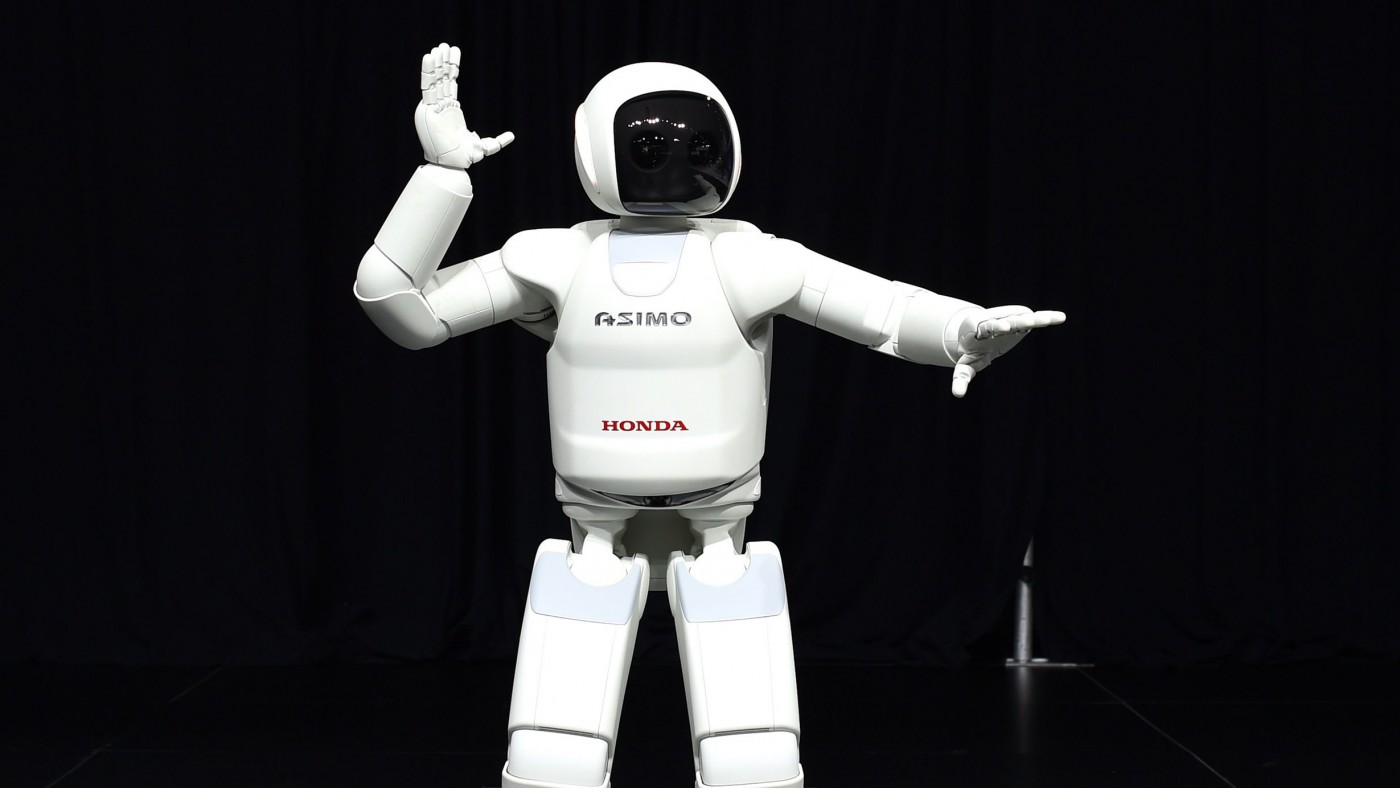Andy Haldane, the Bank of England’s Chief Economist, tells the TUC and us that up to 50% of Britain’s jobs are at risk of being stolen by the robots in the next two decades. What we want to know is whether this is going to be a problem or not for we’ve already got the cries that this possibility means that we must tax capital, companies and the rich much more. True, largely coming from the people who would use the arrival of sunrise to argue for greater such taxation but do they actually have a point this time?
The answer is no, they don’t and they don’t for two very different reasons. The first is what is known as “jobs churn”. We all know that companies close down, divisions are shut, factories abandoned. And that new companies start, new products and processes are launched: in short, jobs are destroyed and created anew all the time. This is just how the economy changes over time, it’s this that drives both technological and productivity advances across said economy.
However, just about everybody grossly underestimates how much this happens. A BIS report into job churn in the 12 years to 2010 tells us that over a quarter of all private sector jobs are so destroyed and created each year. And there is technological movement in pretty much each and every change. Sometimes it’s large, the ballet dancer fleeing the turmoil of the arts world for the pleasant boredom of being an actuary (or vice versa) and sometimes it’s minor, the accountant changing jobs and in doing so moving from packaged software to that residing in the Cloud. But each job wipe out and restart is technological change because that’s how such change actually happens.
We therefore expect 500% of jobs to adapt to technological change over the next 20 years. Another 50% of them, a 10% increase in a process that is already happening and has been for a century or more, isn’t that great a threat.
The other worry is that the owners of the robots will get all the money, leaving us starving in a howling wasteland. Fortunately, a rather decent economist, William Nordhaus, has looked at this. If the robots really do start doing all the jobs and the capitalists get all the money, then the capital share of the economy will asymptotically approach (jargon for get ever closer to but never reach) 100%. That’s our starving wasteland scenario right there. Except exactly the same process means that real wages will have to be rising at 200% a year at the same time. For we’ll only use the robots if they’re more productive and greater productivity in the economy means, by definition, higher wages. Which isn’t, when we come to think about it, something likely to bring us peons out into the streets in revolution nor actually something that we’d worry about very much.


